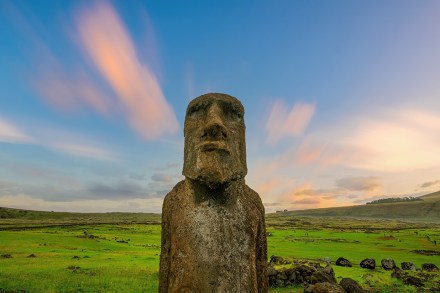For all its fame, the Great Siege of Malta made no difference to the course of history
Strategically located in the narrows of the Mediterranean between Sicily and Tripoli, with a fine natural harbour, Malta has attracted the attention of successive conquerors for two millennia: Phoenician, Carthaginian, Roman, Byzantine, Arab, Norman, Aragonese, French and finally British. In 1565, the island was occupied by a power that was already beginning to look anachronistic: the Knights of the Hospital of Saint John of Jerusalem. The Hospitallers were an aristocratic order of monk-knights, founded at the end of the 11th century to shelter Christian pilgrims and defend the Holy Land during the brief period when it was part of the crusader kingdoms of the Levant. Since then, they had progressively




